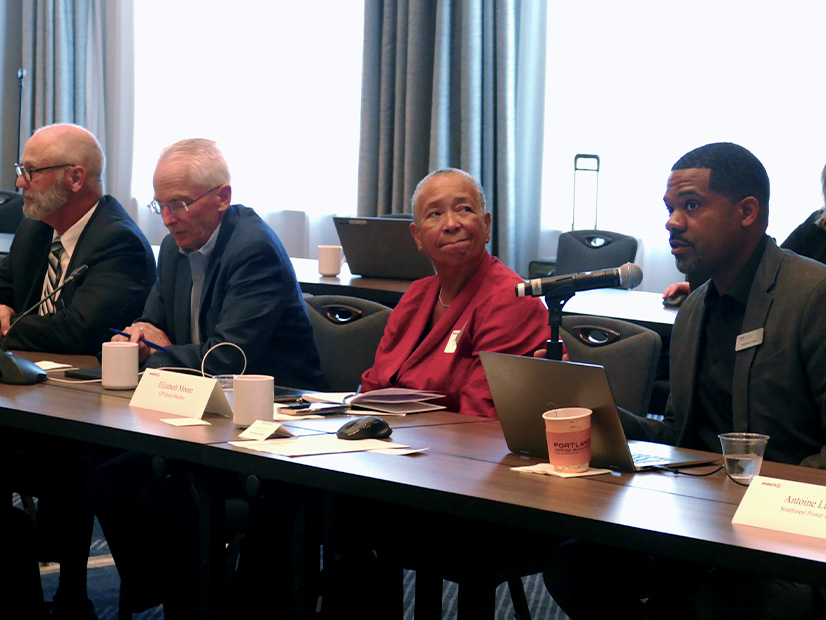
SPP’s Markets+ senior leadership closed out 2023 by approving the day-ahead market’s proposed governing document, a significant milestone in the grid operator’s drive to file a tariff with FERC in early 2024.
The Interim Markets+ Independent Panel (IMIP), composed of three of SPP’s independent directors, signed off on the document during a Dec. 19 conference call.
The stakeholder-driven Markets+ Participants Executive Committee (MPEC) endorsed the governance structure earlier in December. However, the structure received only 73% of the favorable votes over concerns by independent stakeholders that weighted voting factors could lead to unintended consequences in their sector. (See SPP’s MPEC Approves Markets+ Governance Plan.)
The IMIP accepted a friendly amendment to defer consideration of the independents voting structure until a future meeting. SPP general counsel Paul Suskie said he will work with MPEC Chair Laura Trolese to set up more discussions before its Jan. 23-24 meeting in Westminster, Colo.
“We’re encouraging the MPEC to have additional conversations and a discussion before the meeting itself regarding those voting within the independent sector,” IMIP Chair Steve Wright said. (The IMIP is serving as an interim governance body until a MIP is agreed upon in a later phase of Markets+.)
Under the governance rules adopted by MPEC on Dec. 7, votes by the investor-owned utilities and public power member sectors will be weighted based on their load share. Voting among the independents will be structured to ensure that participants contributing generation to the market receive two-thirds of the sector vote, while those without generation receive one-third.
The Northwest and Intermountain Power Producers Coalition (NIPPC), representing independent generation developers and storage, power marketers and affiliated companies, was unsuccessful in seeking to continue the status quo of giving each independent member a single vote within the sector.
NIPPC’s executive director, Spencer Gray, reminded those on the call that the MPEC’s governance vote was on the attachment as a whole.
“I don’t want to guess how the rest of the sector who voted no would have voted if the issue were just narrowly on this part of the governance attachment,” he said. “I wouldn’t want an amendment to the motion and approval of that to constrain us to the degree we can’t address that connected issue to the intersector voting, but it’s not narrowly limited to what the weighting of the vote is. It’s a secondary important issue anticipating tensions in the future in the market.”
“All we’re doing is acknowledging more work needs to be done on this particular section,” the IMIP’s John Cupparo said. “That doesn’t preclude conversations on the rest of it, even with the approval.”
The approved language also spells out Markets+’s functions, including: the makeup and roles of SPP’s Board of Directors, permanent MIP, MPEC, Markets+ State Committee and other standing committees; the MIP election process; meeting policies; the voting process for market policies; and process for appealing decisions. It also covers the establishment of working groups and task forces, the role of SPP staff, and attendance and proxy voting policies.
The Markets+ Greenhouse Gas Task (GHG) Force reported progress in its effort to incorporate GHG emissions-related information in the market’s reporting, price formation, commitment and dispatch processes. The Public Generating Pool’s Mary Weincke, who chairs the task force, told the IMIP the group reviewed and updated its conceptual design and tariff language during two December meetings.
The task force, which next meets Jan. 3, has created an ad hoc group to start working on a concept for nonpricing programs, separate from the more important task of developing a pricing program solution.



